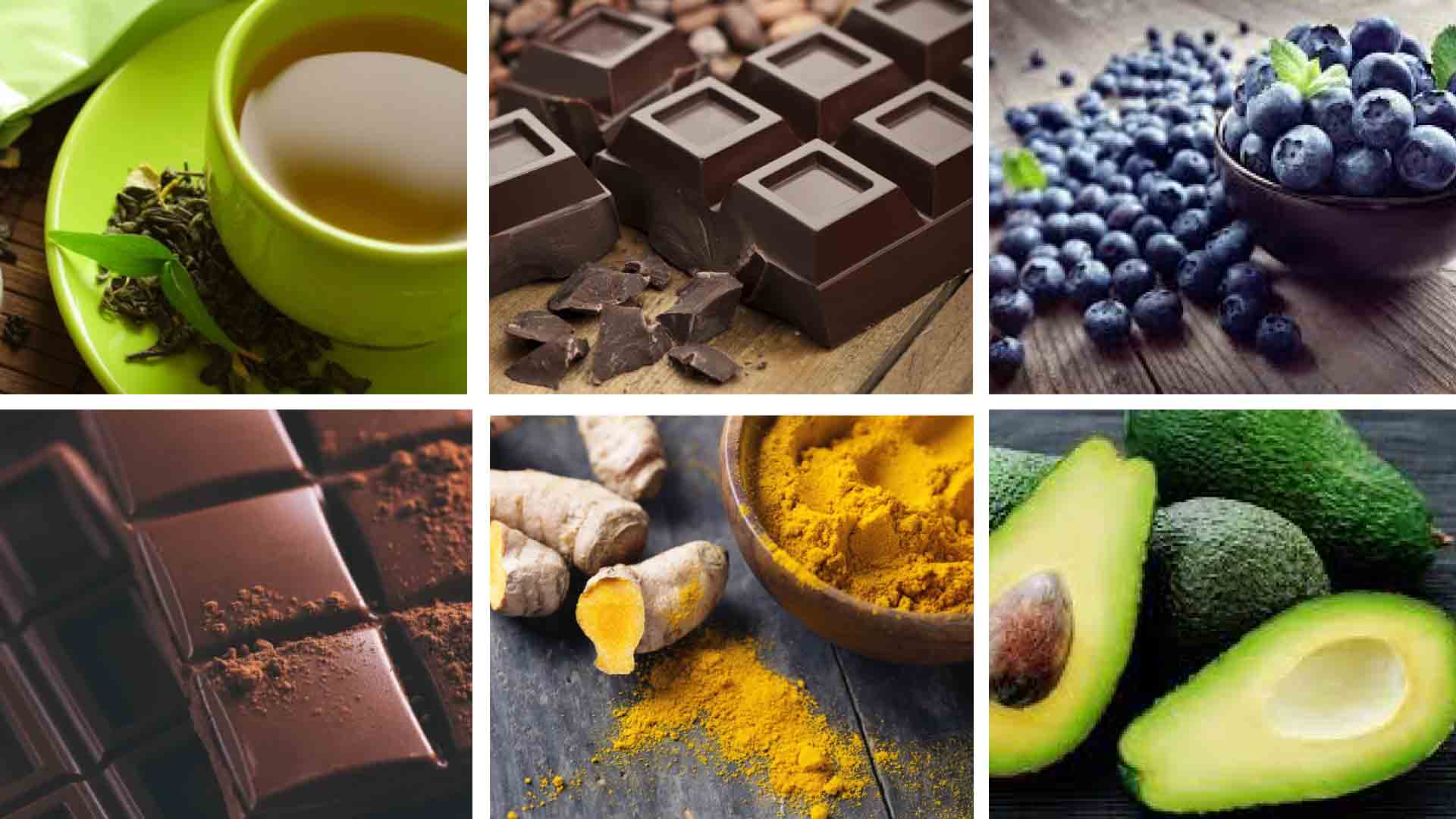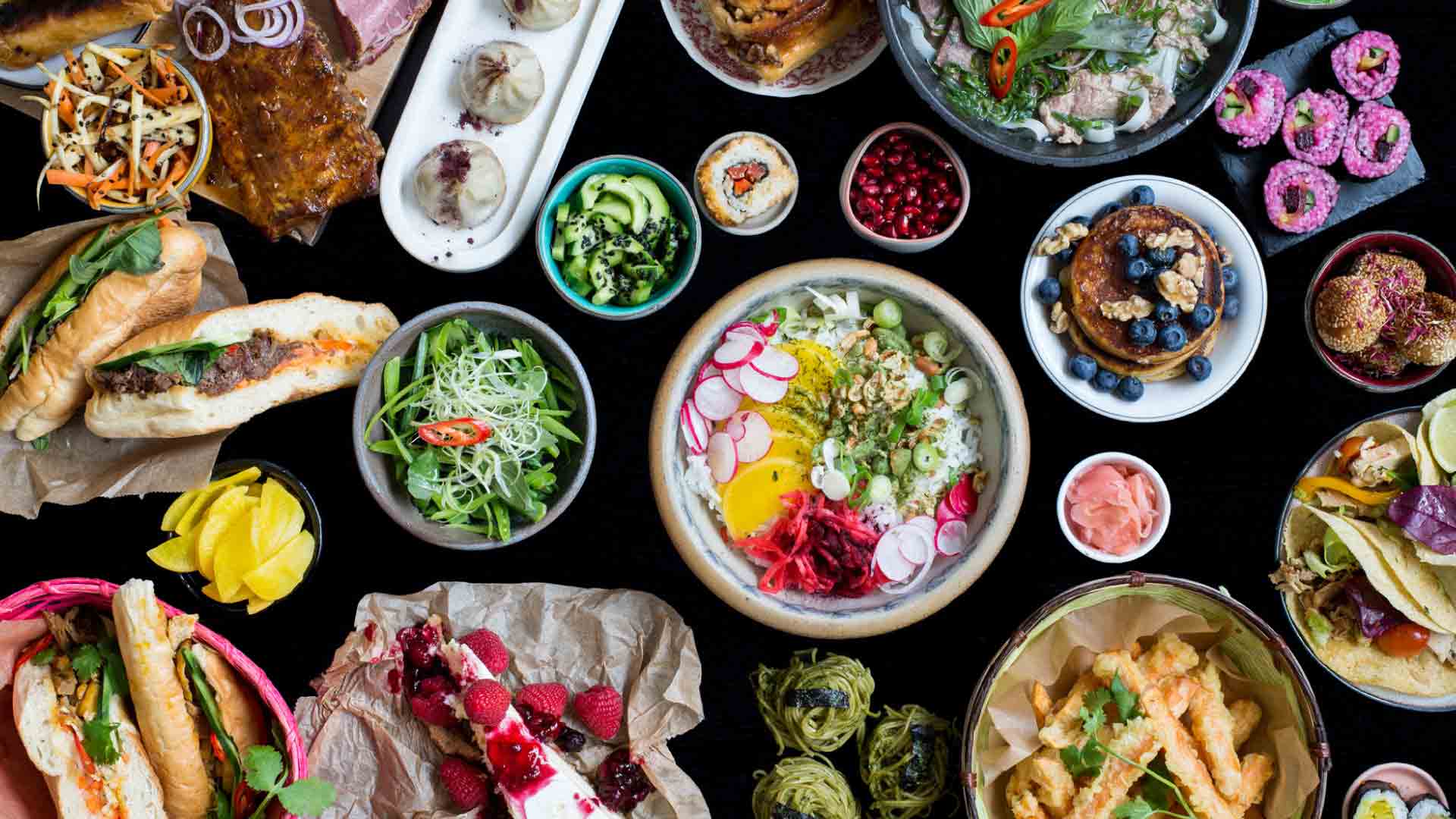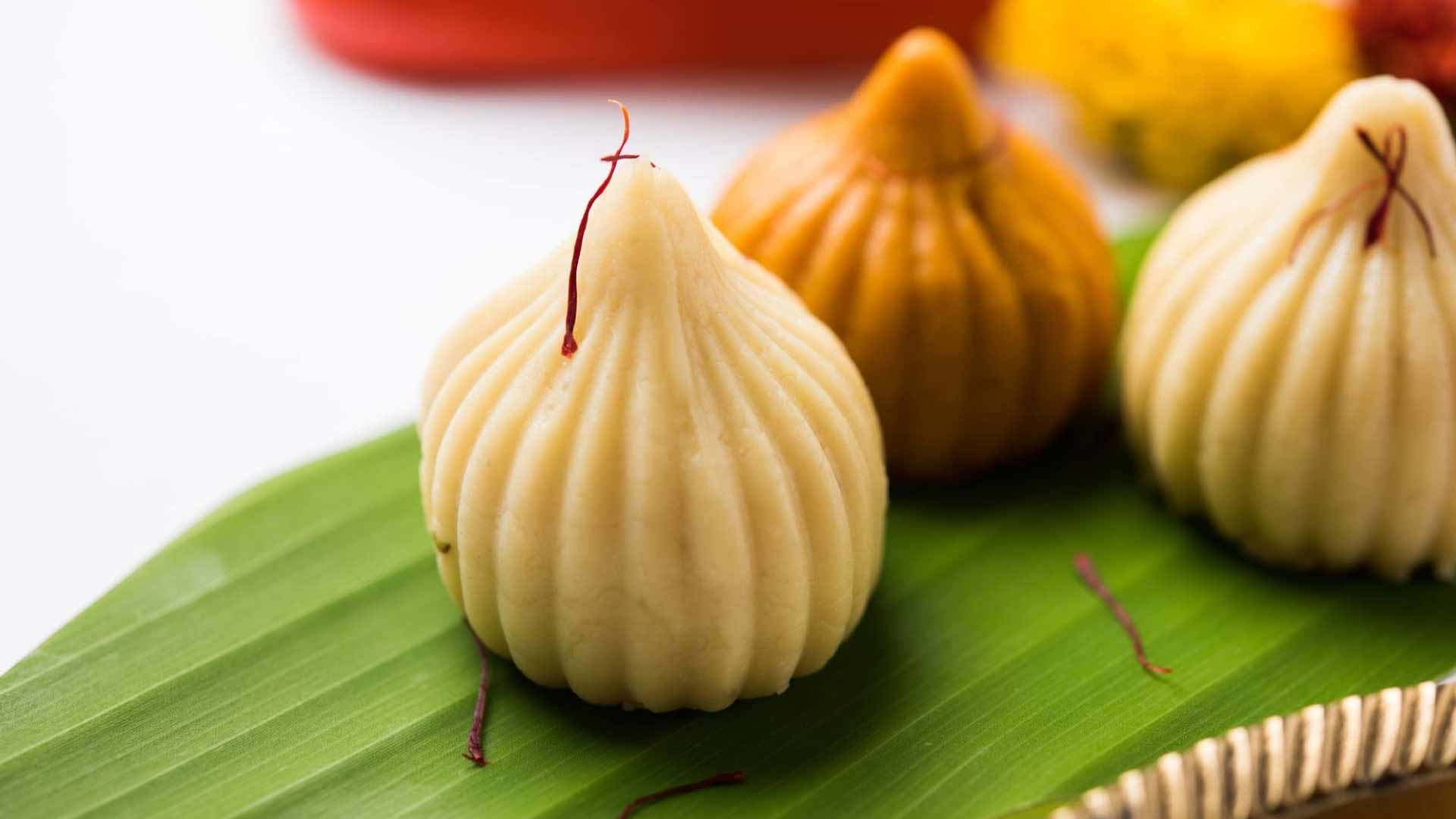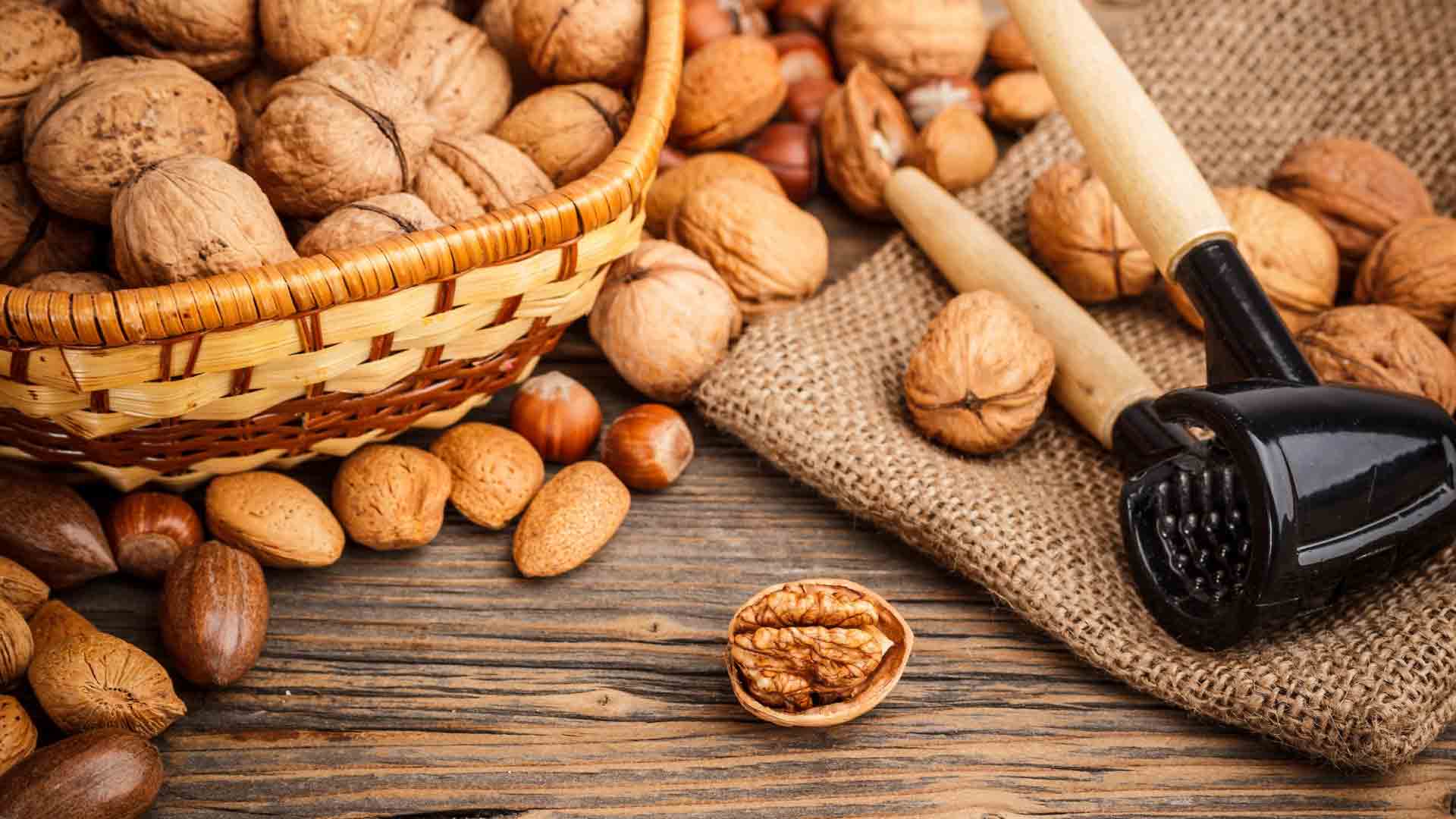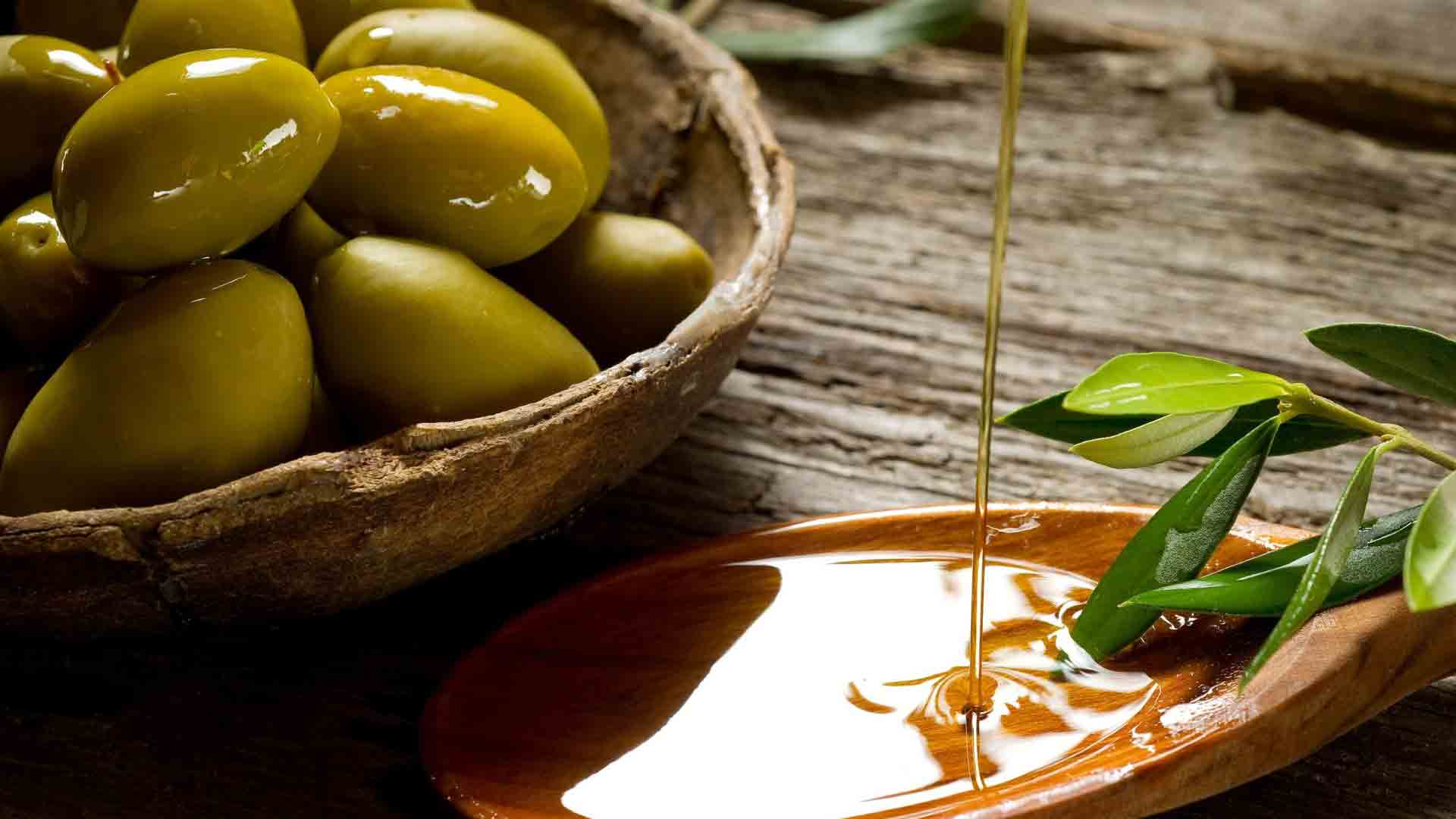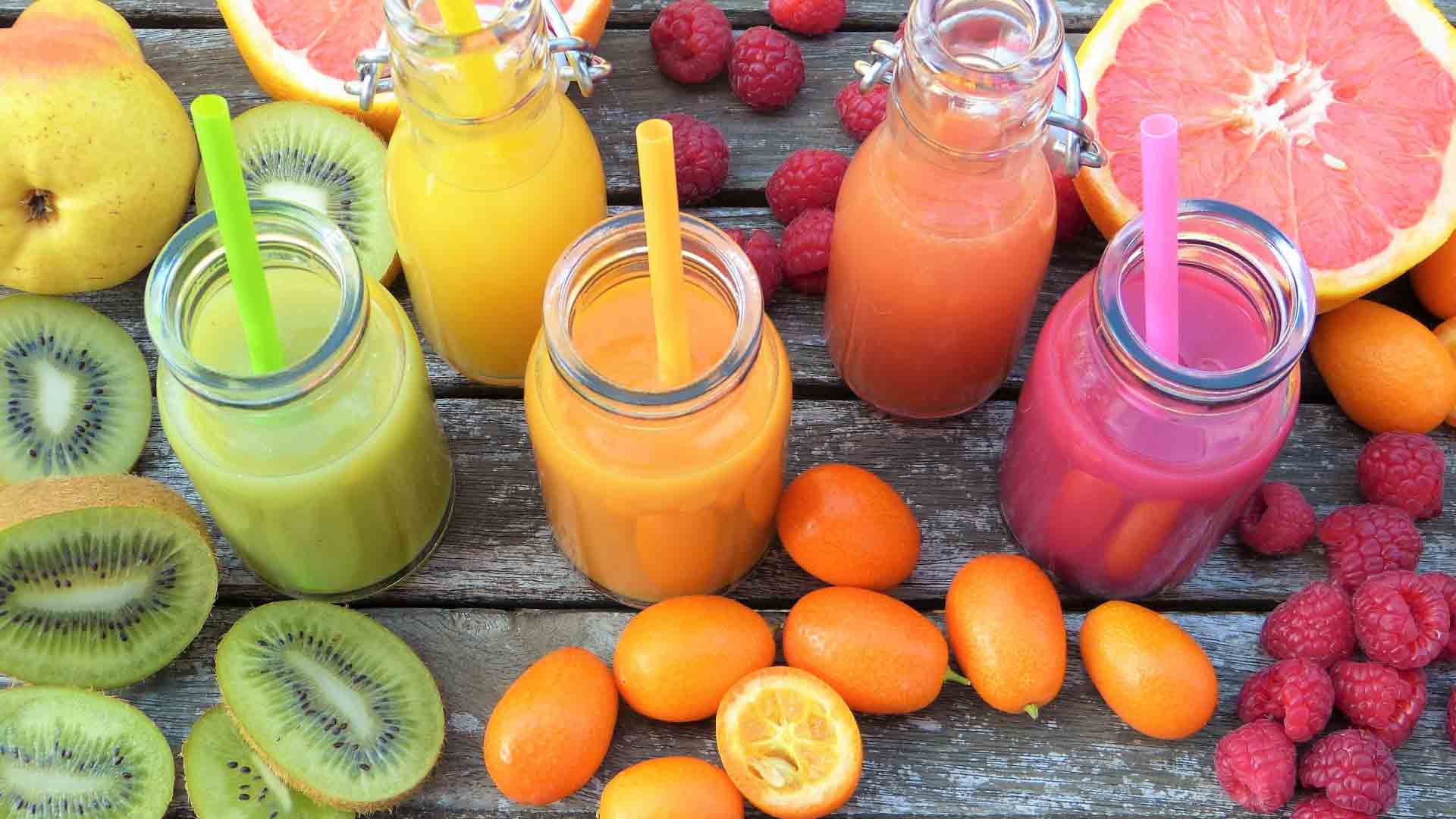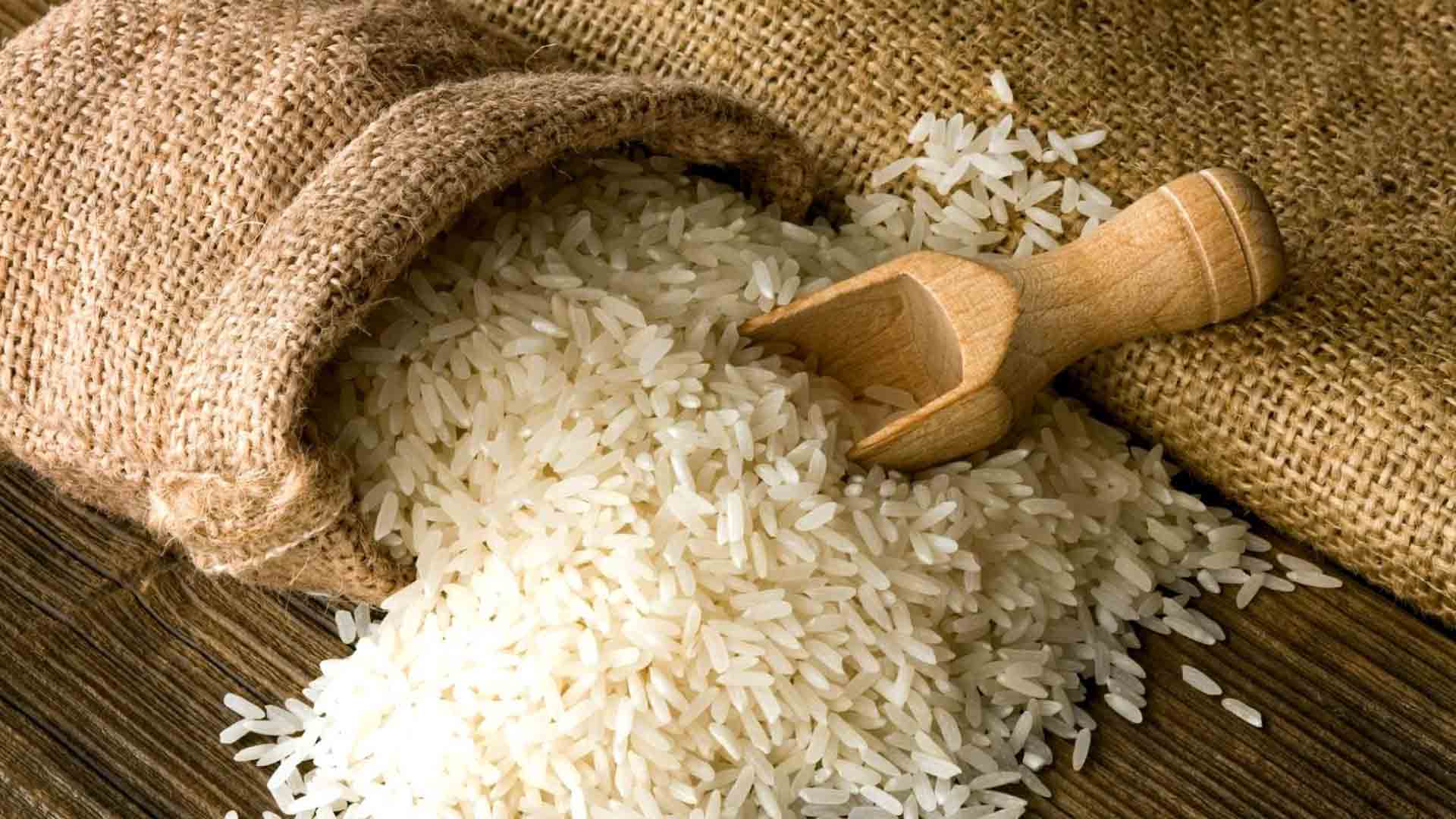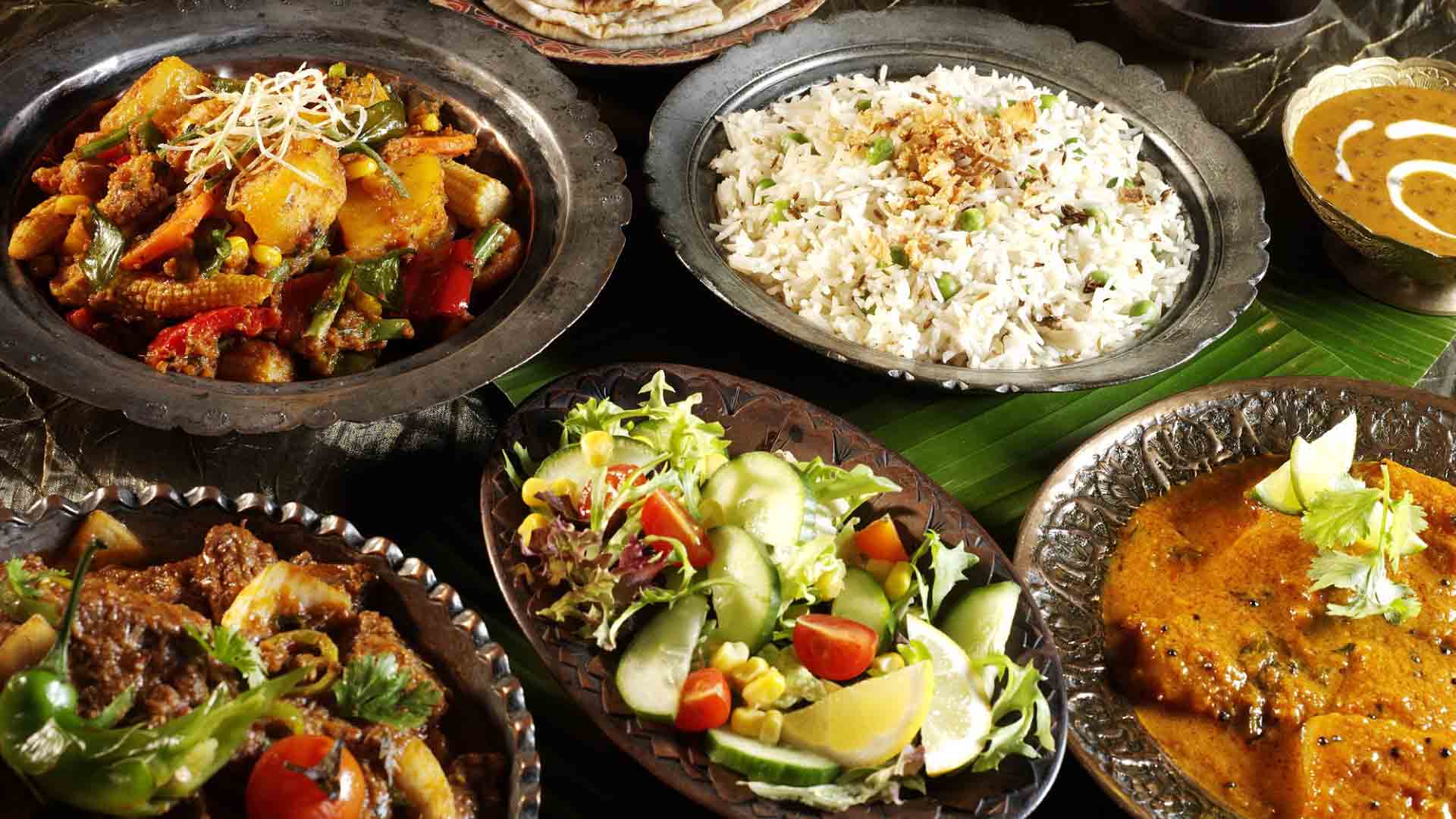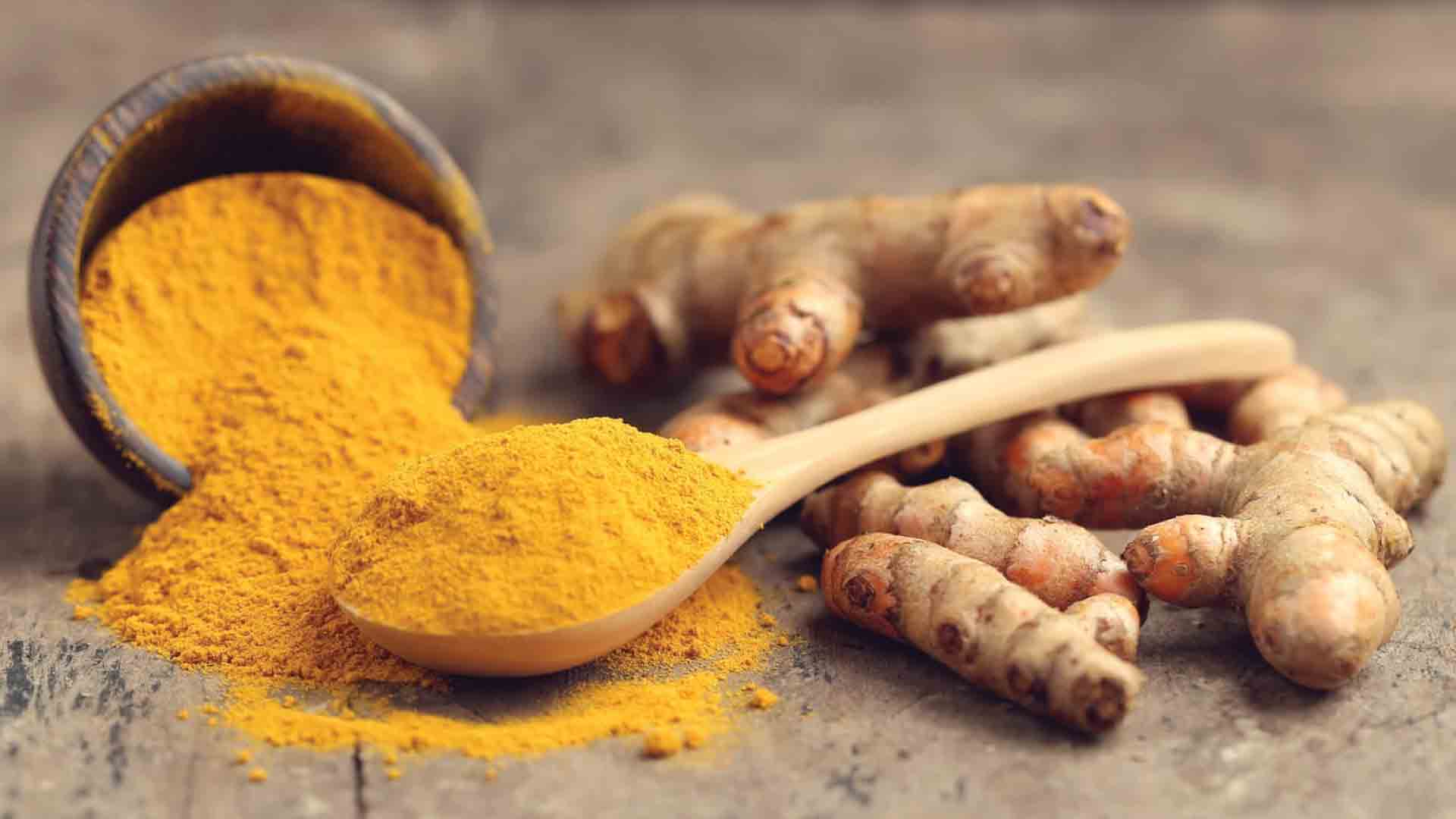The regular rice we consume on a daily basis is someway
harmful for us since the white rice lacks essential vitamins and nutritional
elements that you must add up in your metabolism. Average person consuming
white rice not only grows fatter due to high carbohydrate content but they also
increase digestion speed leading to a surge in appetite.
It is very evident that carbohydrate-rich white rice breaks
down into sugar on a fast pace inside our body which becomes the primary reason
of weight gain and obesity. For those who are thinking of slashing their
regular diet for weight loss should rather try to switch to other nutritional
alternatives of rice.
Substituting white rice with these listed alternatives would help you keep away from adapting type 2 diabetes no matter how much ever rice makes up for a staple meal for you.
These substitutes are not simply healthy but are plain easier to find so that you do not compromise on taste for health.
1. Quinoa
Having a glance of quinoa seeds keeps the fact under the cover that the seeds are gluten-free and are rich in protein, iron and fiber. They are also abundant in amino acids and are fully protein-rich which all the vegetarians get their hands on.
2. Brown Rice
Brown rice is comparatively healthier since it is a wholesome nutrition provider due to its brown part. It is rich in fiber that helps in digestion and increases metabolism. This substitute is the major preventive alternative to avoid the risk of type 2 diabetes.
3. Barley
Barley is the component that helps in lowering cholesterol levels in the body and it is also rich in the rarely found selenium, manganese, phosphorus and copper. However, this substitute comparatively takes longer to cook than white rice but is surely a healthier one.
4. Cauliflower Rice
This rice is easily prepared by simply crushing
cauliflower in a grinder. This is a low carb and is also low in calories while
a very good alternative of white rice. Researchers have proved that one
cauliflower can provide an average person with an adequate amount of Vitamin C
which is more than enough for the whole day. It is also rich in vitamin K that
helps to prevent blood clots and reduces risk of haemorrhage.



